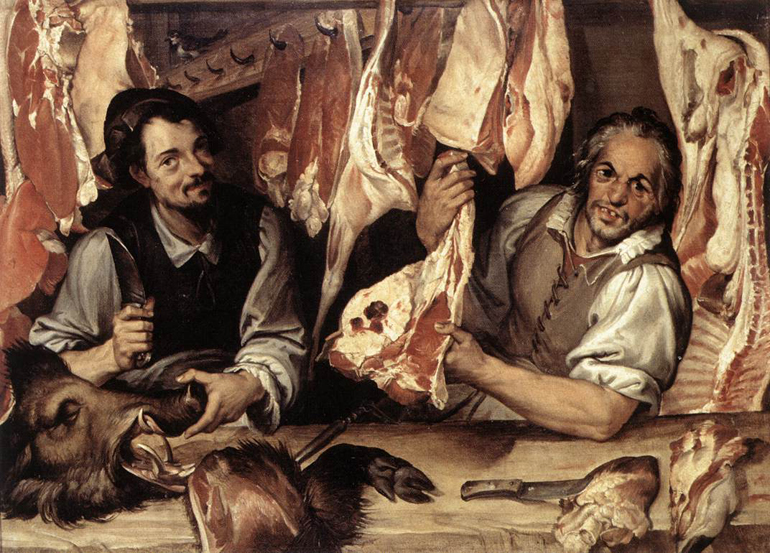To save someone's skin informal verb phrase
Nouns such as neck, bacon, and hide are sometimes used instead of skin. You tried to use my name to save your neck.
OPPOSITE: Risk your neck - put one's life in danger or do something very dangerous, often in order to achieve something. I won't have him risking his neck on that motorcycle.
A wave of nausea swept over Rachel when she saw those death bodies lying on the floor. She immediately ran out of that room to save her skin.
John always thinks of any unexpectedly dangerous situations that can happen so he didn't join that journey to save his own skin.
Anna had done research carefully about all the scandals of that company before and she decided not to apply for that position to save her own skin.
The Minister of Education identified a potential impact of doing much homework so he is planning some homework reduction for students.
She is afraid of failing the final exam so she practices doing homework everyday to save her skin.
The company is in dire need of new investors to save their hide.
A group of bad or sinful people
To count the number of people in a group to determine who is present
Used to indicate a shortening of "survivor"
The verb "save" should be conjugated according to its tense.

To save someone’s bacon is to rescue someone from harm. It dates from the mid-1600s when a side of bacon was a precious commodity in a household and would often represent the difference between eating and going hungry, a potentially harmful situation. To save someone’s skin or neck means to save someone’s life and is even older dating from the 1500s. "Skin" in this sense refers to the body and "neck" is an allusion to hanging or beheading.
By bacon, we now normally mean the cured and dried meat is taken from the back or sides of a pig. To the medieval mind, 'bacon' was meat from anywhere on the body of the animal - more akin to what we now call pork. This was the origin of the slang term 'bacon' meaning the human body. 'Saving your bacon' was simply saving your body from harm. The expression was used that way as early as the 17th century as, for example, this extract from Ireland's Momus Elenticus, 1654:
"Some fellows there were... To save their bacon penned many a smooth song."
Eyes with dark rings around them
I get eyes like two burnt holes in a blanket after sleepless 2 nights